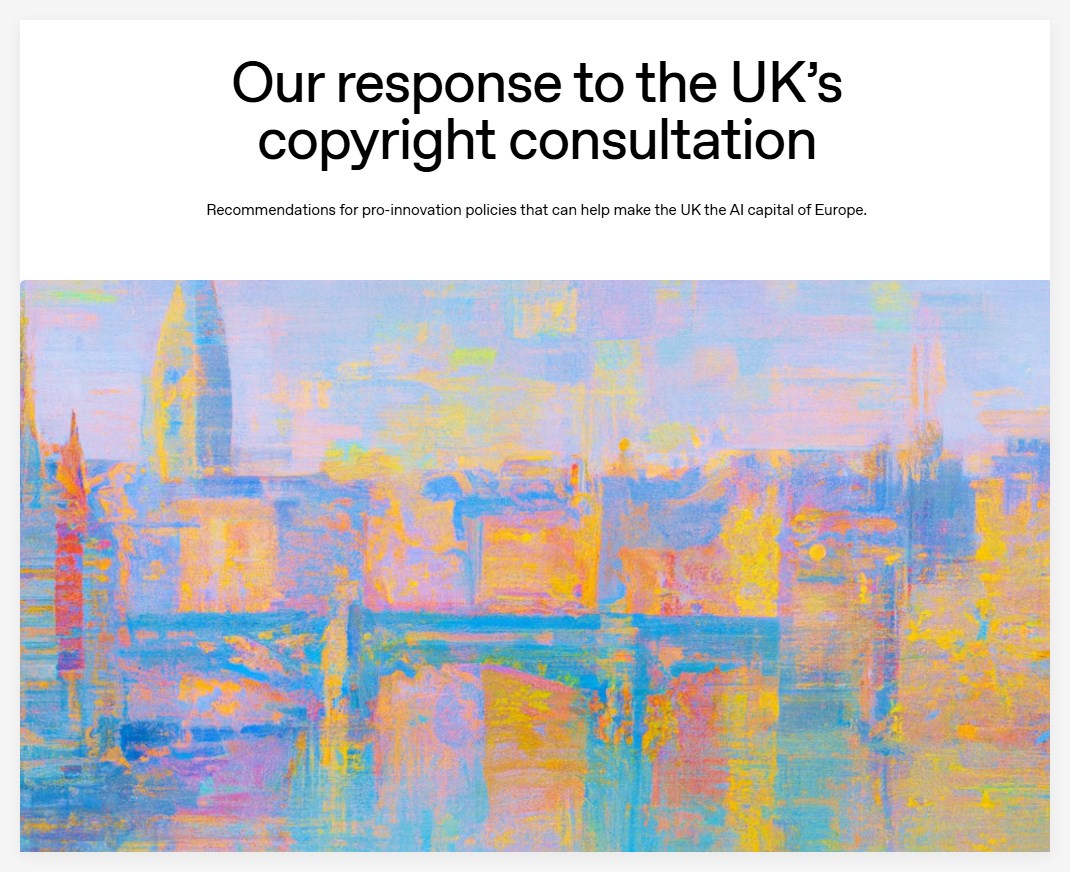OpenAI is exploring a new plan aimed at protecting its control after its transition to a for-profit company. This decision is primarily in response to potential hostile takeovers, particularly threats from billionaire Elon Musk. OpenAI was originally a non-profit organization, but in the context of rapid advancements in artificial intelligence technology, it decided to shift to a for-profit model to attract more investment and funding.

Image Source Note: Image generated by AI, image licensed from service provider Midjourney
To this end, OpenAI is considering granting special voting rights to its non-profit board to ensure it can maintain control of the company in any potential acquisition. This move reflects OpenAI's thoughtful consideration of its future direction, especially in today's increasingly competitive tech landscape. By empowering the board with special rights, OpenAI hopes to secure sufficient capital to drive technological advancements without sacrificing its core mission.
Although OpenAI is still in the negotiation phase, this plan indicates the management's firm determination to protect the company's independence. Musk was a co-founder of OpenAI but resigned from the board in 2018 due to differing views. In the tech industry, particularly in the field of artificial intelligence, acquisition and investment activities are frequent, making OpenAI's strategy all the more critical.
Additionally, this new voting rights scheme may influence the strategic thinking of other tech companies. As more startups choose to transition to for-profit companies, maintaining control has become an urgent issue that needs addressing. OpenAI's approach could spark widespread discussion within the industry, prompting more companies to consider similar measures to protect their interests.
Key Points:
🌐 OpenAI is considering special voting rights to protect its board's control against potential hostile takeovers.
🤖 This move is primarily aimed at ensuring the independence of the company's core mission after its transition to a for-profit entity.
💡 This strategy may impact the entire tech industry, encouraging more companies to think about how to safeguard their control.










